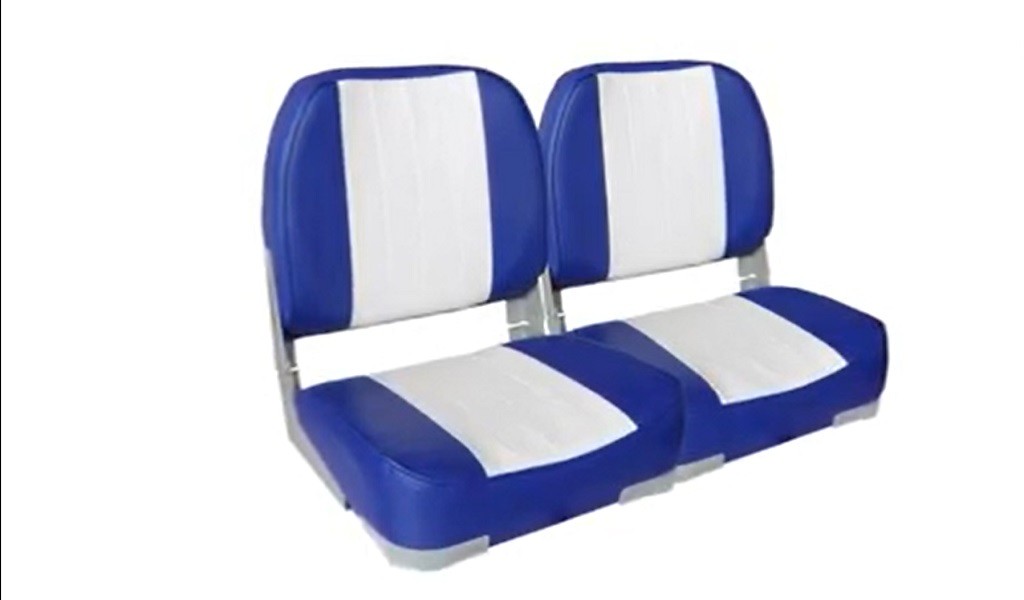Fishing is supposed to be fun. It provides an escape from the hustle and bustle of everyday life – a chance to slow down and breathe in nature. Cast. Reel. Reel. Reel. Cast. The simple, repetitive nature is relaxing. It gives you time to think and be present.
But fishing can also be an exciting and adventurous sport. Whether you’re fly fishing in a small river or trying to reel in deep-sea monsters 40 miles off the coast, you sometimes have to wrestle, squirm, and engage muscles that you aren’t accustomed to using.
As someone who suffers from chronic or intermittent back pain, fishing can sometimes exacerbate symptoms and cause flare-ups. But this doesn’t have to keep you from doing what you love. You can learn about the right sitting posture and get back pain solutions.
5 Ways to Avoid and Relieve Back Pain While Fishing
Thousands of anglers have underlying back pain, but many have figured out how to neutralize unwanted symptoms so they can spend time doing what they love: fishing. Want to continue fishing without feeling like your back is going to give out? Here are several tips:
Change Up Your Lifestyle
If you’re a casual angler who only fishes occasionally, you might be doing yourself a disservice and making the pain worse. You might also be increasing the risk of injuring your back or causing flare-ups.
The last thing your back needs, or wants, is a sudden drastic change in activity level, rehab specialist Dr. Neil Veggeberg explains. If you have a sedentary job and then over the weekend, fish standing up for eight hours straight – it can put an excessive strain on your back. The solution is to either fish more often (eight hours a day, three days a week) or to work on some exercises to keep your back limber and strong.
Since most people can’t fish eight hours per day for multiple days per week. Rather than give you a treatment plan in this article – which would be impossible to do for every unique situation – we encourage you to schedule an appointment with your chiropractor to discuss ways to strengthen your muscles based on your pain and fishing habits.
Choose Good Footwear
Footwear has a significant impact on your back. However, you can keep your back properly aligned and reduce pain and discomfort with the proper support.
Avoid going barefoot on a boat or creek bottom no matter how great it may feel. Instead, wear shoes with good arch support and non-slip soles. The proper arch support ensures even weight distribution across your back. Consider getting fitted for your pair.
Prioritize Posture
Posture is extremely important. Whether you’re standing in a river bed or sitting on a boat, you have to keep your posture correctly aligned. It is relatively easy to do when you’re just casting and waiting, but what about when you hook a fish and it’s time to reel?
While your first instinct might be to pull and use your back to create force away from the line, you need to keep your back straight. Then, bend slightly at the hips to reel the fish. (You can make this easier by wearing a fishing belt that’s designed for back support.)
Choose a Supportive Boat Seat
When in a boat, the boat seat you use has a significant impact on your back pain (or lack thereof). Make sure you choose a comfortable boat that offers good lower back support and can absorb some of the impact, motion, and vibrations caused by the boat rocking against the waves. Check out these boat seats to see if one works for your boat.
Use Legs and Core
According to Dr. Thomas Shuler, many of his patients who experience severe back pain when fishing do so because they over-rotate their backs when casting and reeling.
“By using your legs and your core muscles when casting and reeling, you’ll find yourself in a better position for avoiding back injuries while fishing,” Dr. Shuler writes. “Also, when casting, using your core muscles to not over-rotate will not only help you land your lure where you want it but will also prevent your spine from over-flexing, which can cause serious injuries.”
In addition to using your legs and core, Dr. Shuler recommends stretching frequently. It includes before, during, and after fishing.
Final Thoughts:
You shouldn’t have to give up fishing just because of back pain. With a proactive plan and the right gear, you can fish pain-free and continue to enjoy all of the freedom and relaxation that comes from spending time in nature. And for best results, be sure to speak with your doctor and chiropractor about different treatment options to keep you healthy and safe.

















